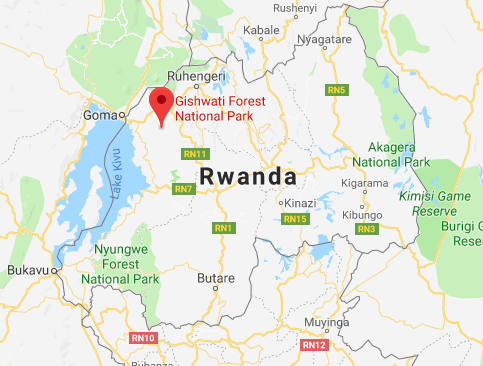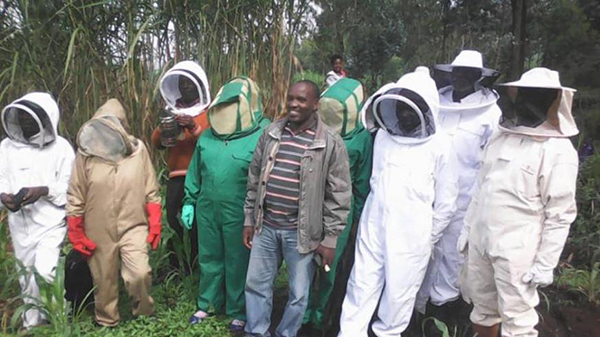THANK YOU FOR TAKING ADVANTAGE OF THE SPECIAL MATCH. PLEASE TAKE THE NEXT STEP AND INVITE YOUR FRIENDS TO #GIVEHEIFER TODAY!

There's good news buzzing out of Rwanda's Nyabihu District for bees, farmers and forest alike! Read the full story from The New Times or take a look at the highlights below.
The Situation

The Solution
We partner with small-scale farmers to give them the tools and knowledge to earn a sustainable living while caring for the Earth. Like the members of the Niyabihu Beekeepers Cooperative Union, we encourage producers to form groups, pool resources and work together for a stronger future. Read more sweet stories of beekeeping success here and here.
The Benefits